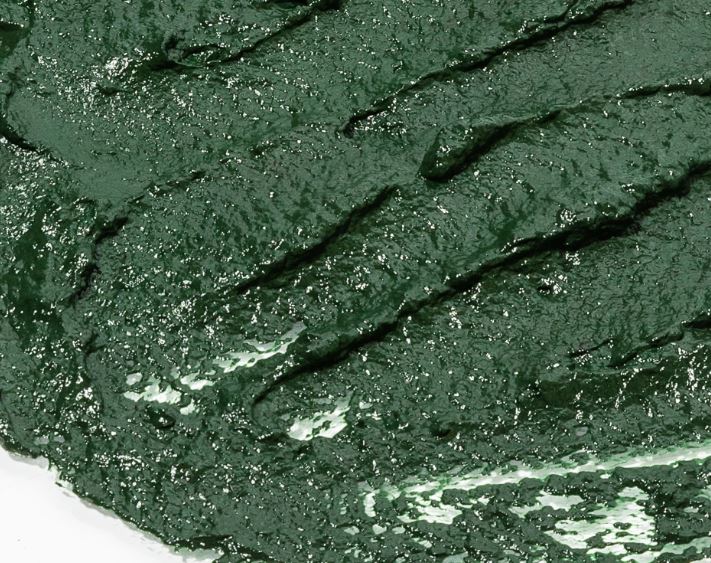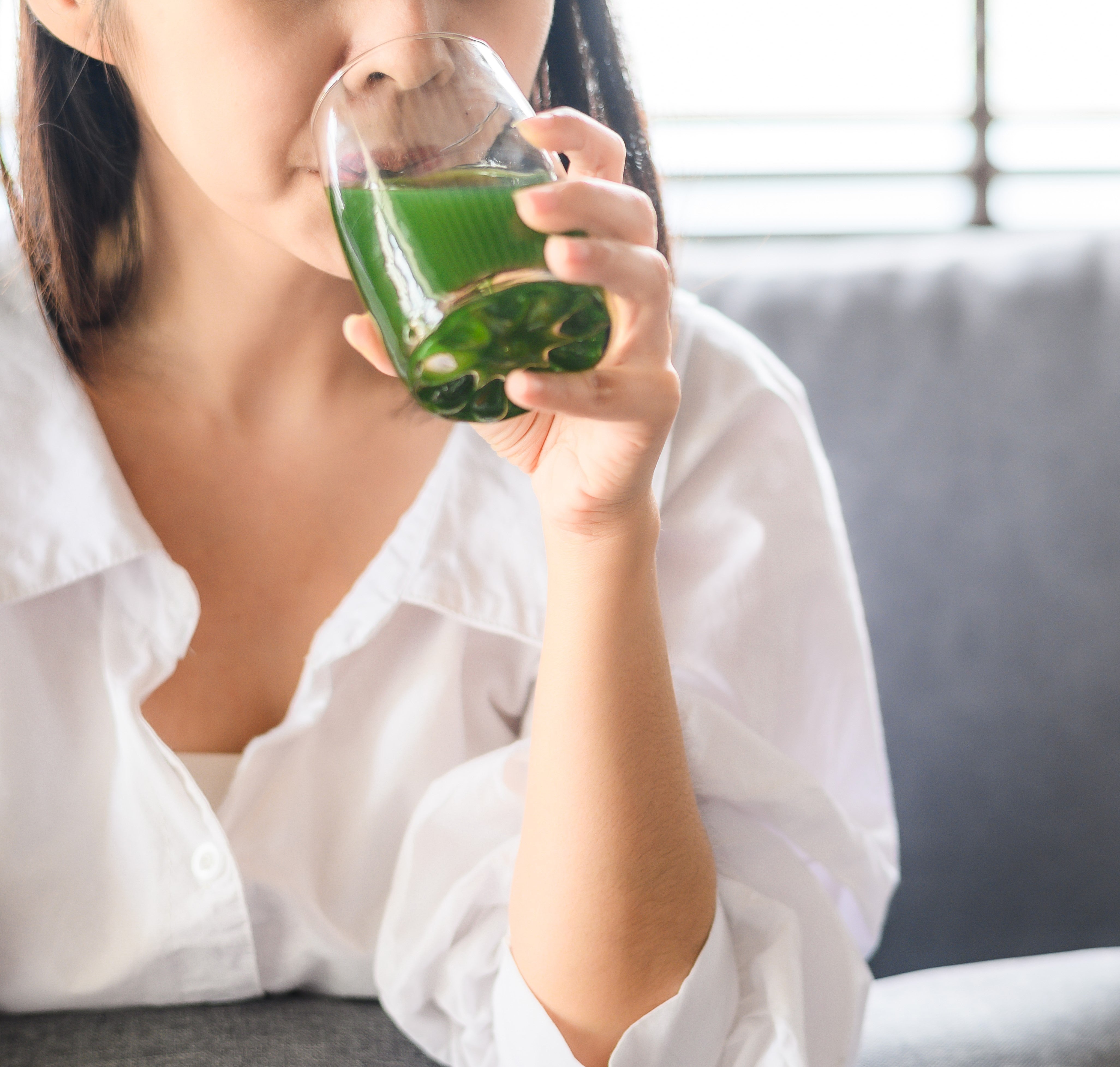Article: 🌱 Why Simpliigood Spirulina Isn’t “Certified Organic” — And Why That’s Actually a Good Thing

🌱 Why Simpliigood Spirulina Isn’t “Certified Organic” — And Why That’s Actually a Good Thing
Grown Cleaner Than Organic
At Simpliigood, we grow fresh Spirulina in closed-system freshwater ponds under tightly controlled conditions — far from the soil-based methods that traditional organic standards were built around.
Our cultivation process eliminates contamination risks and ensures the purest, most nutrient-rich Spirulina possible — with no pesticides, herbicides, or synthetic additives ever used.
Outdated Standards, Modern Sustainability
The USDA’s current organic regulations were designed decades ago for land-based crops, not for aquatic microalgae like Spirulina.
Because algae grow in water — not soil — these standards simply don’t apply to our clean, controlled aquaculture systems.
We believe new, algae-specific organic standards should be developed to reflect the sustainability and purity of this advanced cultivation method.
Why “Organic” Doesn’t Always Mean “Better”
The main reason Spirulina can’t be labeled organic under USDA rules is the use of Chilean sodium nitrate — a natural, mineral-based source of nitrogen that Spirulina needs to grow.
Although this nutrient is non-synthetic and approved by the Organic Materials Review Institute (OMRI), the USDA limits its use in organic farming to only 20% of total nitrogen input.
For Spirulina, this limit is too low to maintain healthy, nutrient-dense cultures — and alternatives such as compost or manure “teas” could introduce bacteria and heavy metals into the product.
In short:
-
🌊 Our ponds are fully closed and contained, with no soil or runoff.
-
🌿 Our inputs are 88% natural and OMRI-approved.
-
🚫 We never use compost or animal-based fertilizers that could contaminate the algae.
Sustainability That Goes Beyond Labels
Unlike land crops such as soy, which require vast amounts of land and water, Simpliigood Spirulina is cultivated vertically and sustainably, using minimal resources and producing almost zero waste.
Our process helps capture CO₂, mitigate global warming, and produce complete plant-based protein more efficiently than any other food source on the planet.
The U.S. USE IT Act and 2018 Farm Bill both recognize algae cultivation as a sustainable, carbon-utilizing practice — proving that the future of food doesn’t depend on outdated organic labels, but on innovative, environmentally responsible farming.
The Bottom Line
Even without the “organic” stamp, Simpliigood Spirulina is:
✅ 100% natural
✅ Pesticide- and herbicide-free
✅ Grown in closed, clean, and sustainable systems
✅ Tested by third-party food labs for safety and quality
It’s beyond organic — it’s Simpliigood.

